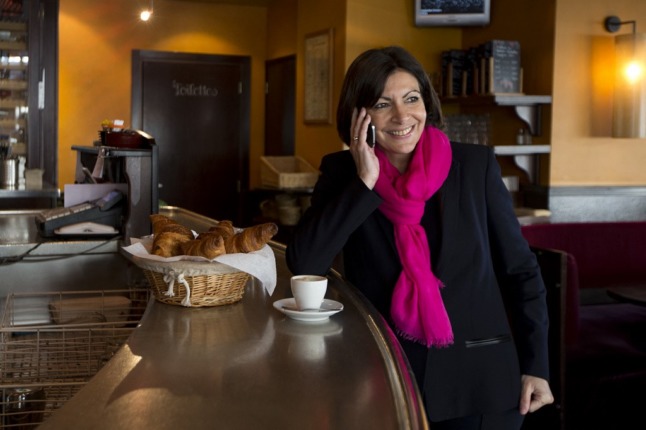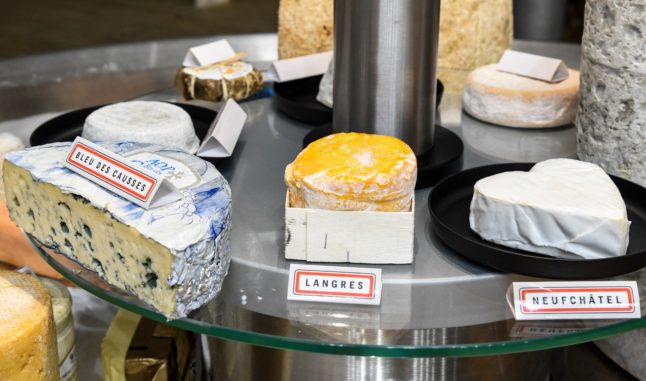1. Drinking tea out of a bowl
4. Speaking my mind
No faffing. Straight to the point.
Frankness is welcomed by the French as a valuable quality, whereas in the UK people don’t tend to say what they think about others, or at least to their faces. In France as long as you’re polite, it is acceptable to speak honestly about people, even if those thoughts are crude and rude.
5. Sex talk is normal
It’s well known there are few taboos when it comes to sex talk in France. But more importantly, sex is an easy conversation topic between good friends without shame or blame attached. It is common for people to open up about their experiences and sentiments, in the intimacy of close friends.
Tip: be prepared to hear about anything and everything. Never be shocked.
6. Smile a lot and laugh only when necessary
Understanding irony is key to understanding French humour. It’s less about Laughing Out Loud than about finding the wittiest puns on what we call “second degree” humour, which is basically just irony/sarcasm or words that shouldn’t be taken literally.
Videos of flying cats and yoga-practicing babies are less likely to make the French laugh than outrageous cartoons and politically incorrect word play.
7. Singing slogans at a protest march
Shouting, screaming and waving flags every time you disagree with something the government does is a thrill few nations truly enjoy in the same way.
The idea of a demonstration is to create chaos and force the authority to yield to negotiations. Although it’s not always successful, it is still a powerful way to express solidarity and maintain the belief all citizens have a part to play in the civil society. Paradoxically it is when nothing works – no buses, trains or planes – that French society functions at its best.
READ ALSO Don’t ask ‘why are the French always striking’ but look what strikers have achieved
8. Arguing for hours at the dinner table but forgetting it all in time for dessert
Not only do we shout in the streets, but the French also love indulging in long political arguments and existential debates when sitting at the dinner table.
While serving up a pot au feu (traditional stew), passing the salt and pouring wine, hosts and guests have a go at each about the latest political scandals and they don’t hold back.
It can seem aggressive but be reassured, the etiquette keeps it sweet and makes sure it all stops when dessert is served.
OPINION: Why arguing over the dinner table is a crucial skill in France
9. Order two halves rather than a pint….
What is wrong with drinking half a pint? It’s chic and elegant and the beer hasn’t got time to get warm before you get to the bottom of it. We French would rather go back to the bar to get a second half pint rather than just order one full one. It makes sense.
10. …and paying for the half pint myself
Rounds are not a thing we do in France really, and usually everyone buys their own drinks, which might seem a bit rude or selfish to Anglos. But it makes sense if you only want to stay for one or two drinks and not go home drunk.
In France if someone buys you a drink, it’s a special treat, enjoy it! You don’t have to get them one back.
A version of this article was first published in 2015



 Please whitelist us to continue reading.
Please whitelist us to continue reading.
1) It may not be a habit, just something else, NOT RESPONDING TO E mails, I am talking about a major DIY store. I am trying to place orders for 3 -4,000 euros, I have sent a number of E in French using there contact page, & a contact name since last week. No response
2) Websites that do not work, a very major super market chain, I fill in all the items I want to collect go to the payment page, nothing works so I can not place my order
If a company is not capable of having a properly working web site why bother
Thank you for keeping us informed